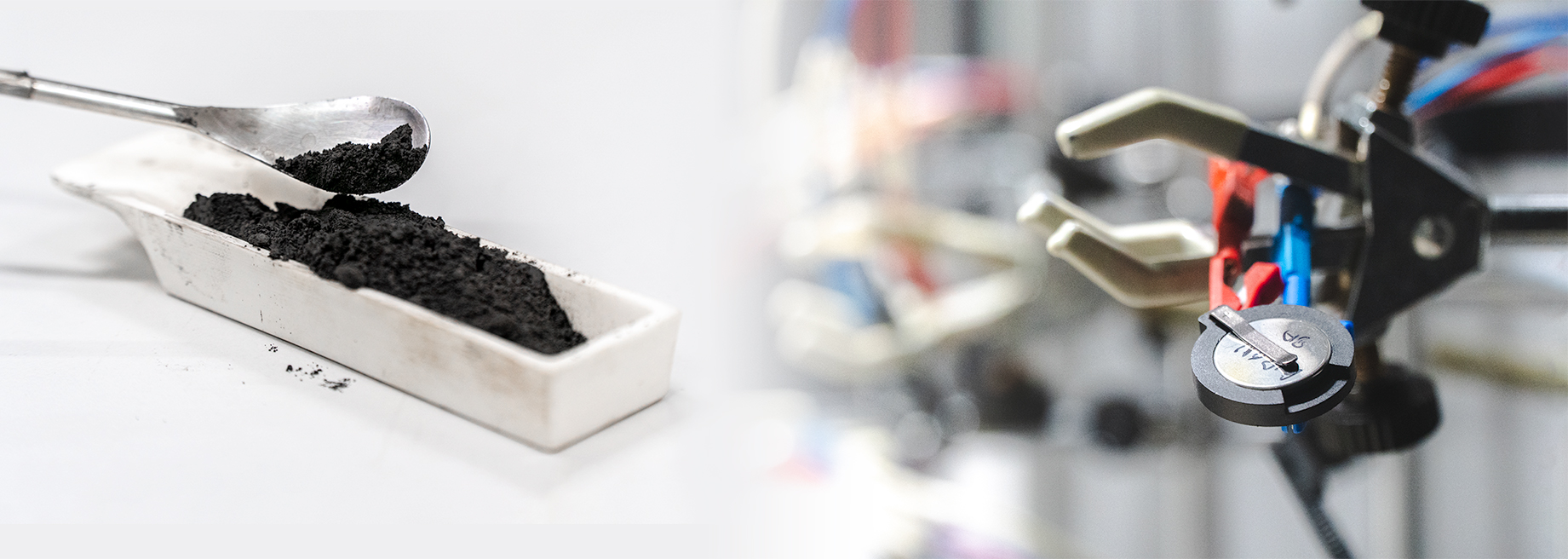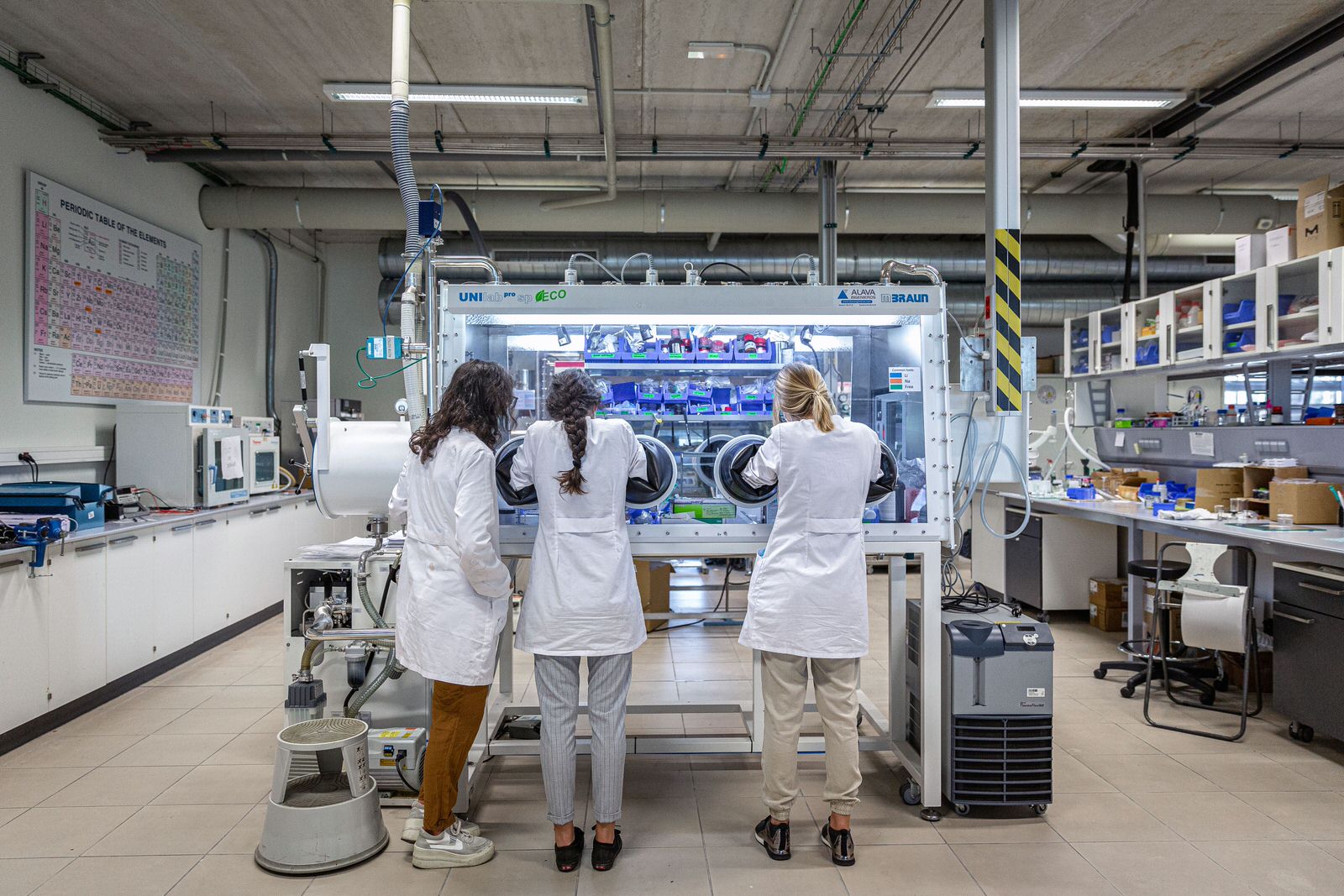CIC energiGUNE, the Basque research center of reference in battery storage, thermal energy solutions and hydrogen technologies, and member of the Basque Research & Technology Alliance-BRTA, has reached a maximum success rate in the Horizon Europe call of the European Commission for the promotion of projects related to the development of high-performance batteries, focused on electro mobility as well as on other applications. Specifically, Europe has approved the funding of 8 out of the 9 projects in which the Basque center participates, -one of them led by CIC energiGUNE-, which gives it a success rate of 90%, well above the usual success parameters of these calls.
“Reaching such a high level of approval of European projects is not within the reach of any institutions, and it says a lot about the work and qualifications of our people”, has assured Raquel Ferret, Business Development director at CIC energiGUNE. “We are, by our own merits, in the group of actors that are going to shape the development of the industry of energy storage and mobility in Europe, and the results of the Horizon Europe call are a reflection of this reality”, she has stated.
CIC energiGUNE is the leader of one of the eight approved projects and is a distinguished technological partner of the rest, in which companies like Toyota, Renault, Innoenergy, Umicore or Avesta participate; and also renowned scientific entities, such as the French National Center for Scientific Research (CNRS), the University of Picardie Jules Verne or the Austrian Institute of Technology (AIT). Moreover, within some of the projects other members of the BRTA are also present such as Ikerlan and Cidetec, and entities like the University of the Basque Country or the Polymat Foundation, which highlights the prominent position of the Basque Country in the field of batteries.
8 projects with Horizon Europe funding
Specifically, the Basque center will coordinate the HELENA project, whose objective is to develop halide solid-state batteries for electric vehicles and, specially, for aircraft, since it is considered that electric aviation will be ready for takeoff in the next 5 to 10 years. The task of the Basque center will be critical, for it will bear the responsibility of developing a new methodology that combines electrochemical tests and thermal images that determine the mechanical stress and give the possibility to identify and quantify the lithium coating during the life cycle of the battery with the objective of optimizing the recycling decisions. Consortium partners include the Austrian Institute of Technology (AIT), the Belgian company Umicore, LionVolt, from the Netherlands, the German CustomCells or the Basque Zabala Innovation Consulting, among others.





